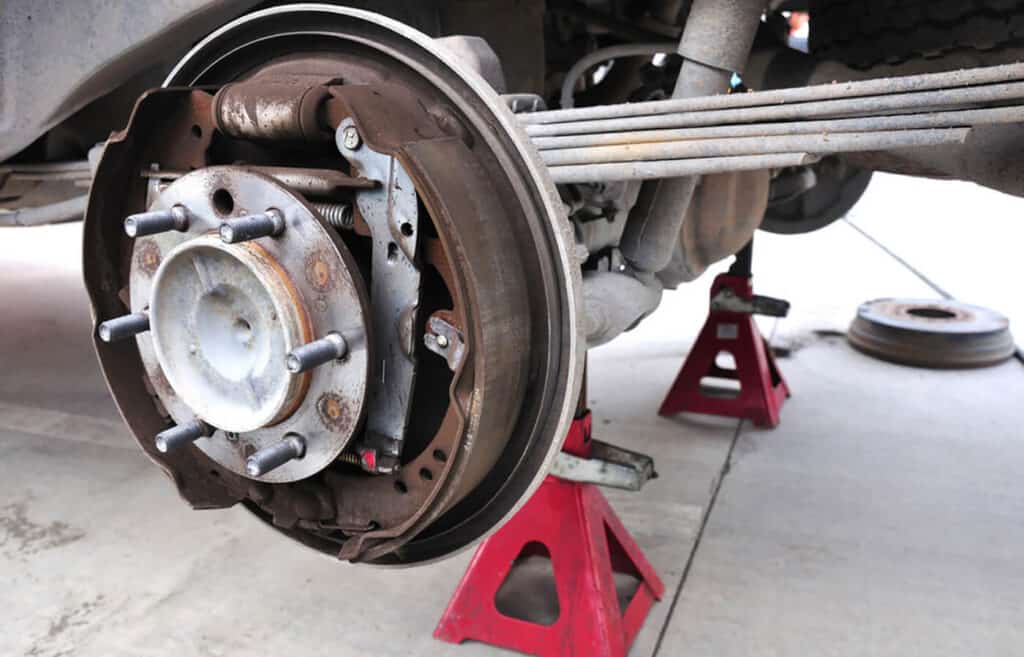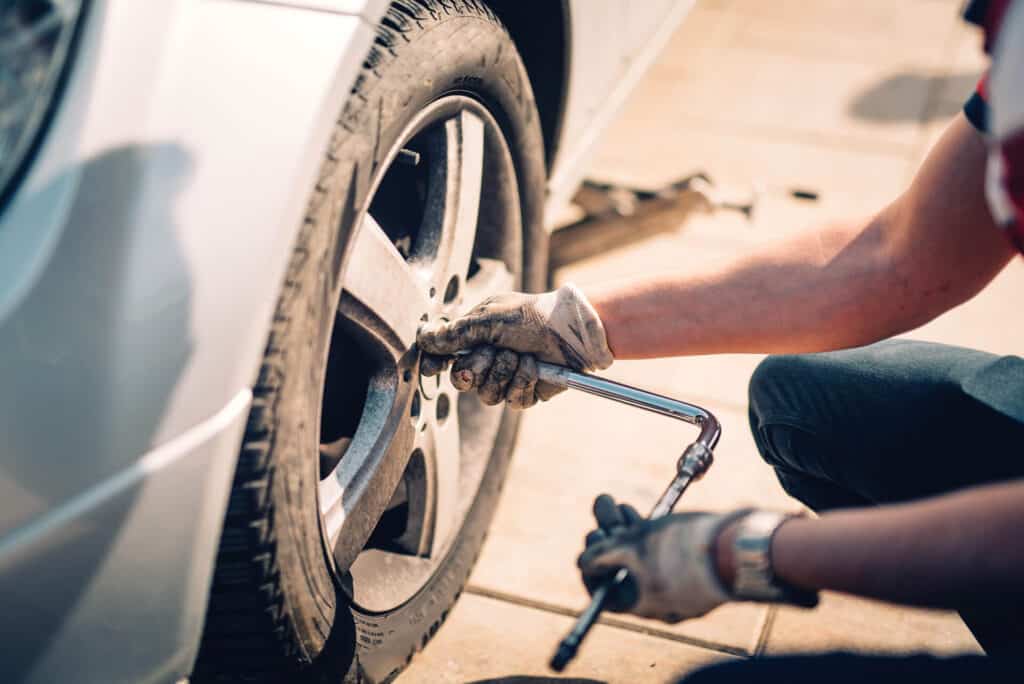The wheel bearing is the silent sentinel ensuring a smooth, noise-free ride. However, like all mechanical parts, it is susceptible to wear and tear and eventual failure. This article provides a deep dive into the world of wheel bearings, exploring the possibilities and pitfalls of DIY repair and discerning when it’s time to step aside for professional intervention.
Understanding Wheel Bearings: The Basics and Importance
Wheel bearings are essential components of any vehicle’s wheel assembly. Their primary function is to allow the wheels to rotate with minimal friction while bearing the weight of the vehicle, contributing to its smooth operation and fuel efficiency. Even though they are built for durability, like all mechanical parts, they eventually succumb to wear and tear. And when they do, they take away the joy of a noise-free, smooth ride and replace it with a rough and noisy journey that could potentially turn into a dangerous situation if not addressed promptly.

DIY Wheel Bearing Repair: Is It Possible?
In an era where DIY solutions are gaining popularity, many vehicle owners might be tempted to consider replacing wheel bearings a weekend project. But is it truly feasible? With the right set of tools, a healthy dose of mechanical knowledge, and a good serving of patience, it might be possible. However, it’s important to note that the process is not a walk in the park. It’s labor-intensive, requiring the removal and replacement of several parts, and the bearings themselves need to be installed with precision. Not a job for the amateur enthusiast!
The Cost of Wheel Bearing Replacement: DIY vs. Professional
The cost of wheel bearing replacement can vary widely, depending on whether you decide to take the DIY route or opt for professional help. For those with mechanical skills and the right tools, DIY replacement can be a cost-effective alternative. This approach bypasses labor charges that often make up a significant chunk of the repair bill. However, it’s important to note that DIY is not always the cheaper option in the long run.
To begin with, the initial investment in the necessary tools can be quite substantial if you don’t already own them. Moreover, there’s the often overlooked cost of your time. Then there’s the risk of making a mistake, especially if you’re not familiar with such repairs. These mistakes can lead to further damage and additional costs down the line. On the other hand, hiring a professional mobile mechanic might seem more expensive upfront, but it comes with the assurance of expertise, experience, and often a service warranty. This peace of mind and the potential for long-term savings can make professional service a more worthwhile investment overall.
The Risks of Ignoring a Bad Wheel Bearing
Ignoring a faulty wheel bearing can create a domino effect of problems in your vehicle. A bad bearing can lead to a ripple effect, causing premature tire wear, alignment issues, and even poor handling. This not only puts a dent in your pocket but can also turn your vehicle into a potential hazard on the road. The consequences range from unpleasant and uncomfortable rides to devastating accidents due to loss of vehicle control.
Moreover, continuing to drive with a bad wheel bearing can result in its complete failure, which can lead to the wheel literally coming off while you’re driving. This extreme scenario is not just costly but also life-threatening. While it may seem cost-effective to postpone dealing with a bad wheel bearing, the potential risks and resulting costs of extensive damage significantly outweigh the cost of immediate repair or replacement. It’s a stark reminder that no amount of savings can justify risking your safety and that of others on the road.
Identifying a Bad Wheel Bearing: Signs and Symptoms
Identifying a bad wheel bearing is not always straightforward, but being aware of certain signs can help you catch the problem early. One of the most common symptoms is an unusual noise coming from the wheels, typically a humming, growling, or rumbling sound that gets louder with vehicle speed. These noises can become more noticeable when you’re making a turn or accelerating.
In addition to these sounds, you might also notice a loose or wobbly feeling in the steering, suggesting a lack of control or stability. Uneven tire wear can also point to a bad wheel bearing, as the failing bearing can tilt the wheel at an angle, causing the tire to wear out prematurely. Increased vibration, particularly noticeable through the steering wheel or the floor of the vehicle, is another symptom. If you notice any of these signs, it’s important to have your vehicle inspected by a professional mechanic as soon as possible to avoid further damage or potential safety risks.

Reducing Wheel Bearing Noise: Tips and Tricks
Keeping your wheel bearings in optimum condition not only ensures a smooth ride but also keeps your journey peaceful and noise-free. Regular cleaning and repacking of the bearings with high-temperature grease can reduce friction and prevent overheating. Mindful driving habits, such as avoiding heavy loads and potholes, can also help prolong the life of your bearings. And most importantly, never ignore any unusual noises or changes in your vehicle’s performance – prompt intervention can prevent minor issues from snowballing into major problems.
Conclusion
While DIY projects have their appeal and can be fun to tackle, when it comes to wheel bearing replacement, a professional touch is often the wisest choice. The complexity and precision required for the job, coupled with the potential risks of an incorrect installation, make this a task best left to the professionals. So the next time your ride gets a little rougher and noisier, remember to listen to your vehicle and give it the attention it deserves. It’s always better to be safe and secure, knowing your vehicle is in capable hands.
